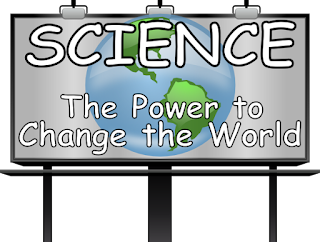6th Grade Christmas Social: Wednesday, December 20th
Kinetic & Potential Energy: The Law of Conservation of Energy
· Introduction to Energy
o What is energy?
o Compare kinetic and potential energy
· Can objects have potential & kinetic energy at the same time?
· Discuss gravitational potential energy; give examples
· Describe mechanical energy
o Is the sum of potential and kinetic energy:
o Can be made up entirely of potential, entirely of kinetic, or both.
Heat and Temperature Music Video |














